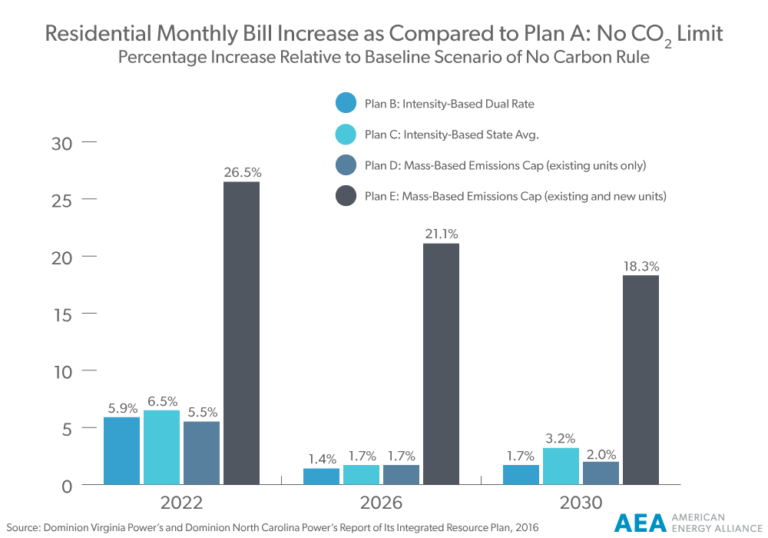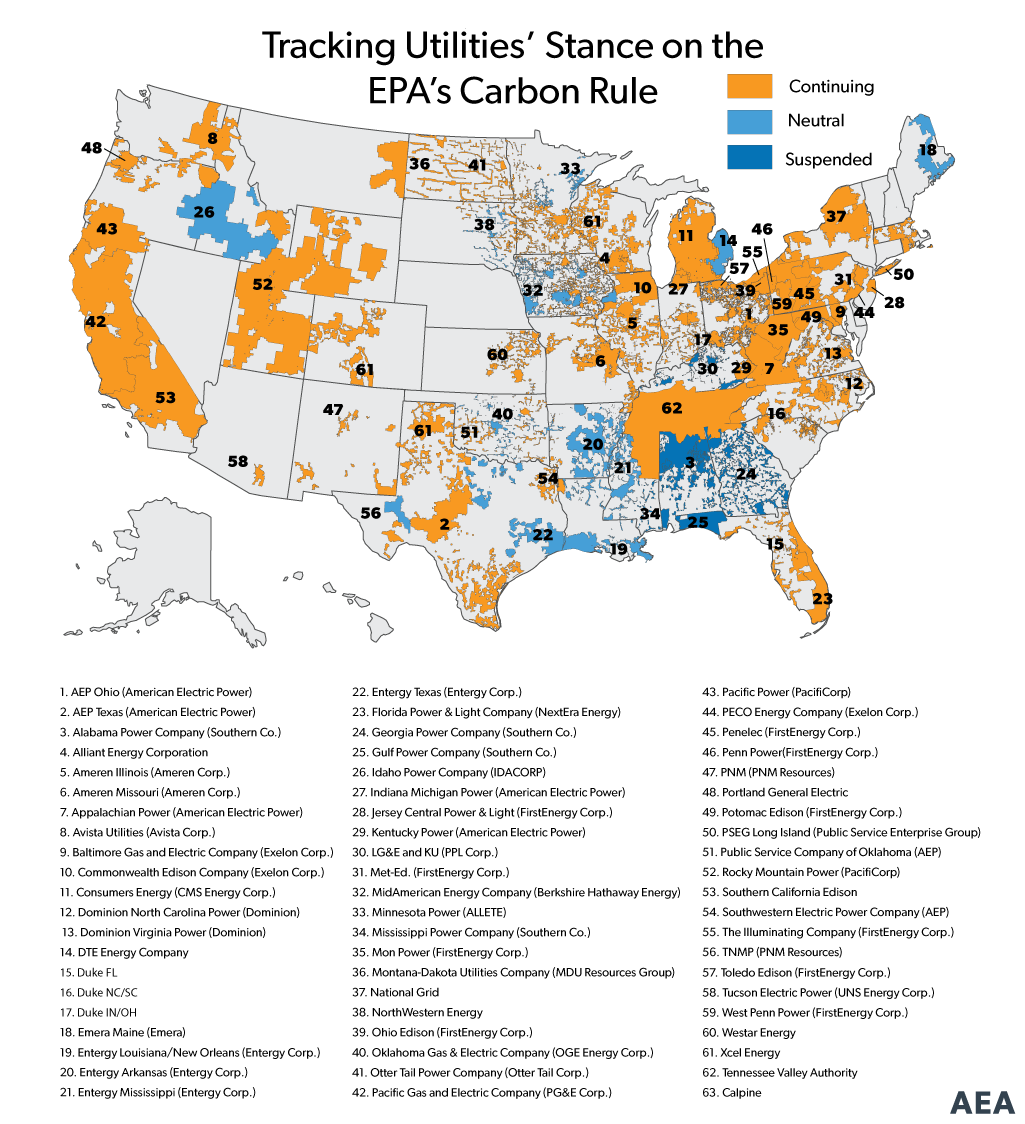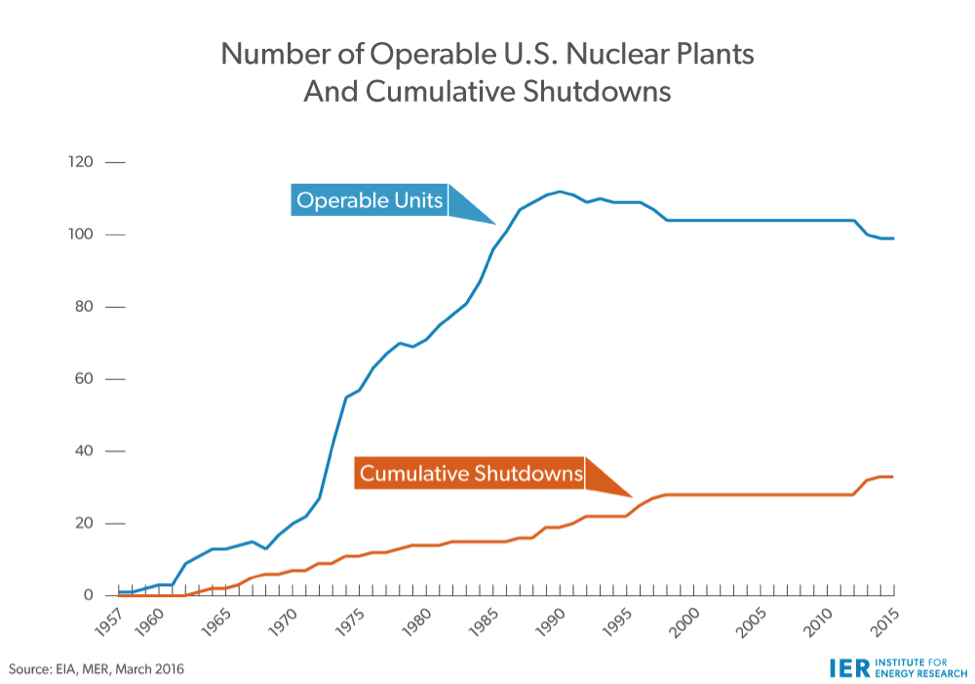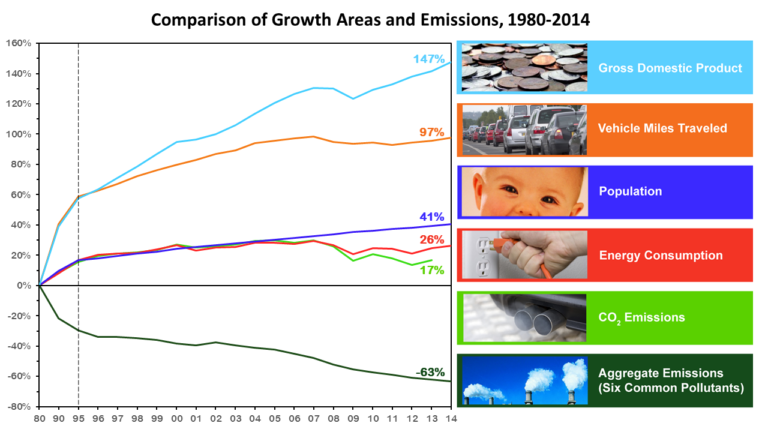WASHINGTON – American Energy Alliance President Thomas Pyle issued the following statement on the proposed 2017 volume requirements for the Renewable Fuel Standard (RFS):
“The EPA’s RFS proposal is once again detached from reality. The agency is forcing unsafe levels of biofuel into our nation’s fuel supply.
“The RFS is a broken program. It was based off false assumptions and as a result, Americans are stuck with a program that doesn’t line up with the world we live in today. The RFS is not a ‘success story’, as EPA official Janet McCabe puts it. Rather, it is a lesson on why the federal government should get out of the energy business and let the markets work the way they’re supposed to.
“This program can’t be fixed by tinkering with the blending levels or reforming parts of the mandate. The only way to truly fix the RFS is to dismantle it entirely.”
###





